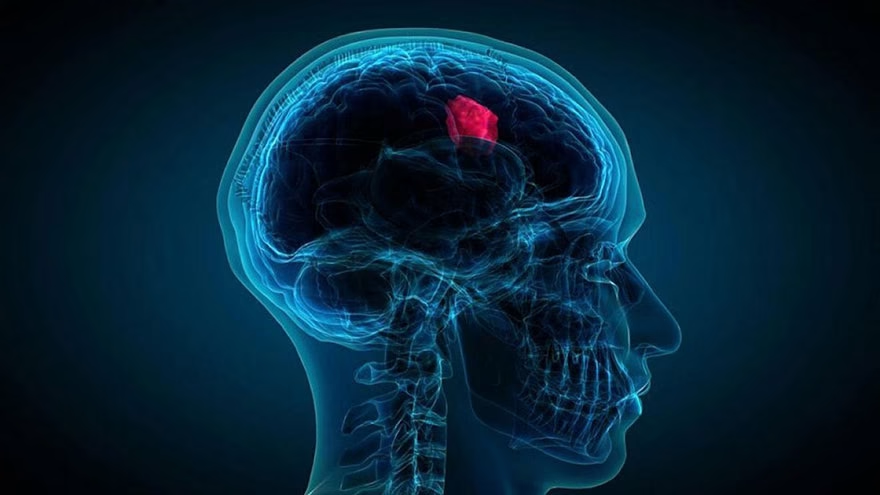The developing tumor wrecks capacities explicit to the territories of the body by assaulting their administering areas. There are more than 120 areas in the brain that could be affected. Beside "local" symptoms, there are also a list of overall symptoms that generally indicate the presence of a brain tumor.

Headaches
Headaches correlate strongly with the onset of a brain tumor. Beginning strong in the day, the headaches usually taper off as the evening progresses.An underlying cause of headaches in the course of brain tumors might be that as a tumor expands, it exerts pressure upon the brain because it cannot penetrate through the bone of the skull.
Seizures
According to the American Brain Tumor Association, seizures occur in one-third of patients, and patients might not know they have a brain tumor until they begin to investigate the cause of their seizures. When the normally continuous flow of electricity in the brain is altered, sudden pulses of electricity affect the brain instead, and the result is a seizure.Convulsions, muscle or extremity jerking, and twitches as well as loss of consciousness might be present. Speech problems, tingling in extremities or numbness can also affect the patient.
Cognition And Personality
Brain tumors will also cause changes in the processing of information, or cognition. Patients might forget how to perform simple or normal functions such as tying shoes, cooking meals, and might have long lapses of confusion and memory loss.If the tumor is situated in a part of the brain that controls behavior, then the patient will exhibit fluctuating and dramatic changes in mood because of interference from the cancer growth.
Mass Effect Or Iicp
Mass Effect, or IICP, is a side effect of intracranial pressure. The tumor growth exerts pressure on the brain as it swells in size, causing a mass number of symptoms to arise. Hydrocephalus, or the blocking of fluid that exists outside the brain, might occur.Swelling of the brain because of the excess trapped fluid might also occur. It is not unlikely for brain tissue damage to occur. Other symptoms are nausea, vomiting, drowsiness, vision problems such as blurred or double vision, loss of peripheral vision, and a swollen optic nerve.
Local Symptoms
Each part of the brain harboring a tumor reacts in separate ways. Depending on where the tumor is located, symptoms specific to one region, or "local" symptoms, arise. These symptoms help to identify what region of the brain the tumor is located in.Possible local symptoms might be problems with hearing, muscle control, decreased sensation, balance or sight.
Treatment
If you or someone you know exhibits these symptoms, make sure to follow up on them and see a doctor as soon as possible. Early treatment can be the difference in saving or losing a life.
Save for later
Found this helpful?
Pin this article to your Pinterest board and come back to it whenever you need a reminder.
Save to Pinterest


